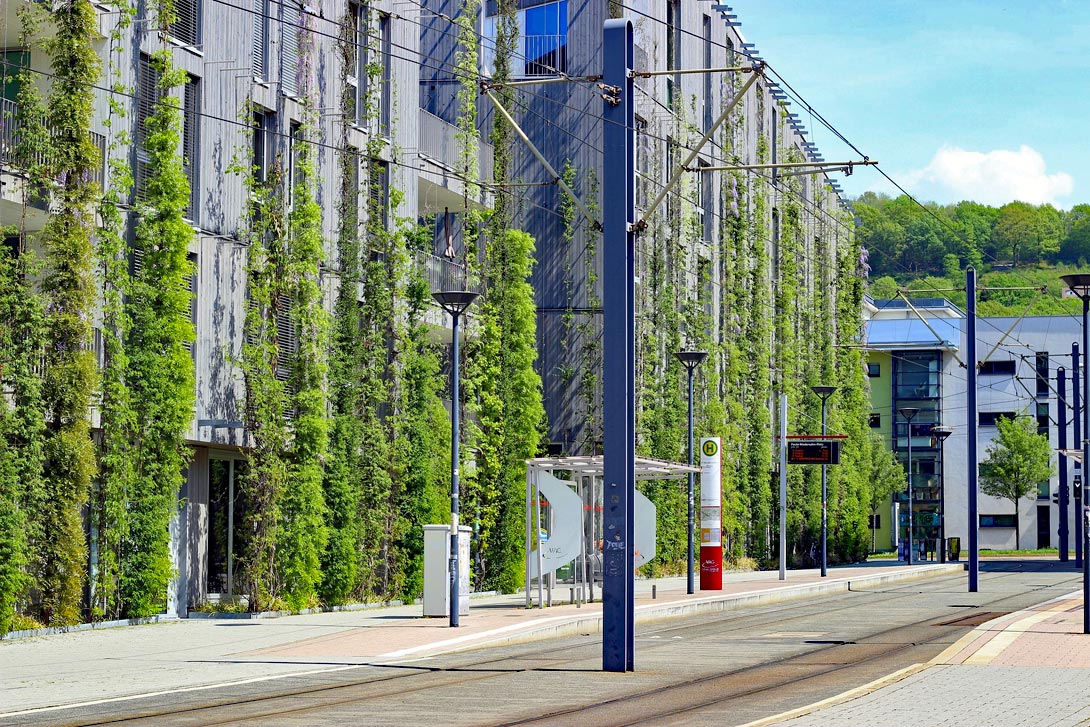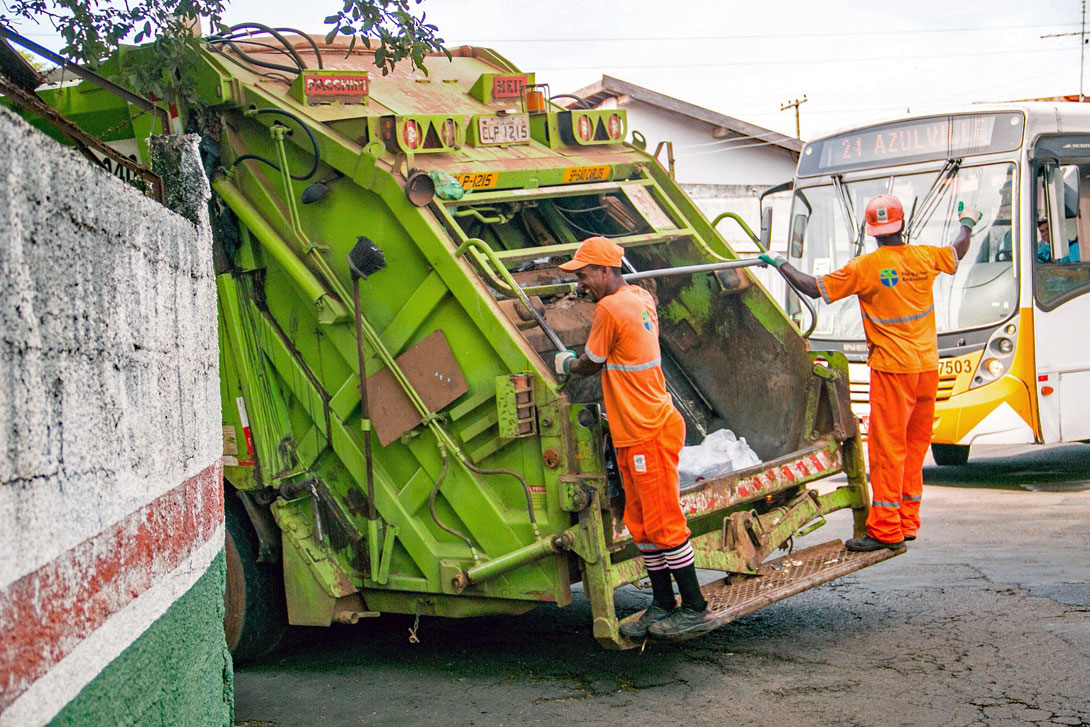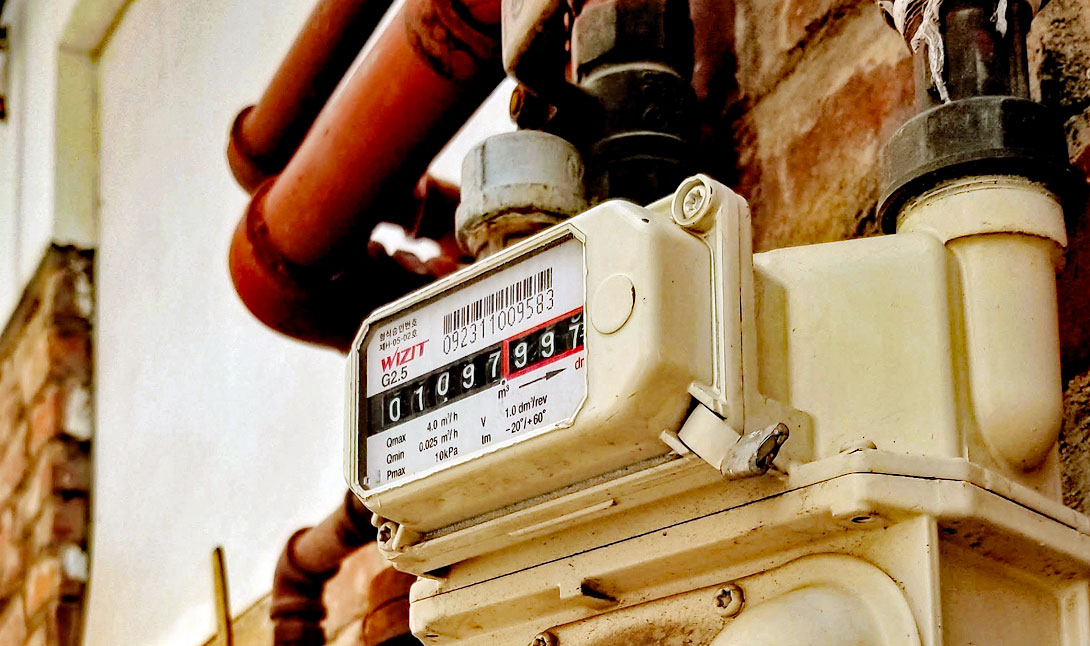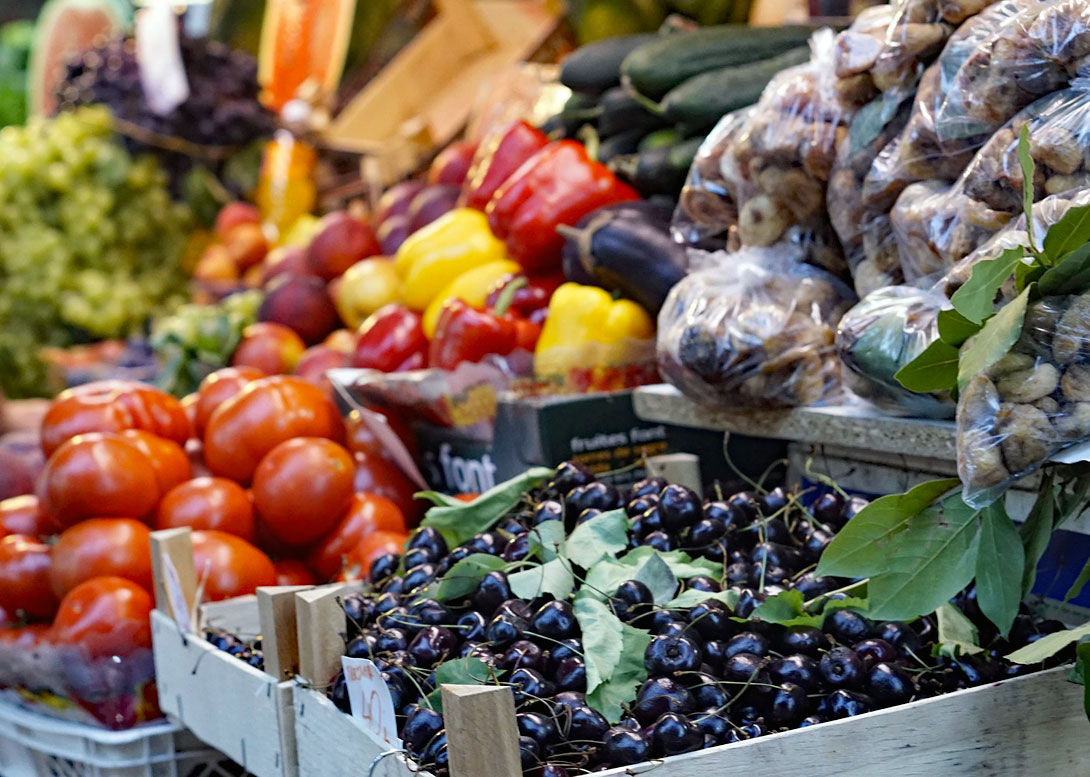Top-10 sustainability tips for hotels
- Team
- Aug, 07, 2020
- Sustainable Tourism
- No Comments

How to make your hotel more sustainable
What can a hotel do if it wants to operate and work more sustainably? These ten tips show how easy it is for hotels to take the first step towards sustainability by making some easy changes.
Do you run a hotel, bed and breakfast, lodge or other accommodation for tourists and business travellers? Then you have probably noticed that more and more guests are concerned about what products you use in your business, how you handle your waste, whether you use water and energy-saving measures and many other things. The trend is clear: sustainability is increasingly becoming the focus of public attention.
Our advice: If you have not been too concerned about sustainability in the past, now is the best time to start. Otherwise, you run the risk of your business becoming increasingly uninteresting for your guests, becoming out of focus. This cannot only lead to declining sales, but in the long run, it can also endanger your business model.
But how to start? What are the most important steps to take when you start to convert your hotel to sustainable management? The answer is given here. We describe the most important first ten steps for hotels towards sustainability. These are easy to understand and simple to carry out.
Here are the ten most important sustainability tips for hotels:
1. Have someone responsible for sustainability work
Even if all employees are convinced of sustainable action and want to implement it, it is important to have a responsible person who defines the hotel’s sustainability goals and is responsible for implementing the planned measures. If such a person is missing who has an overview of whether and how the set goals are being met, it can easily happen that everyone in the team believes that someone else will take care of it, so that in the end nothing or very little happens.
2. Formulate a sustainability policy
Summarize your sustainability goals in a document, a sustainability policy. Formulate it clearly and precisely, but above all in a way that is easy to understand. This will help you to create good preconditions for a working structure and clearly show your commitment to the outside world. This document should be accessible to all employees, but also to suppliers, partners and guests. It is recommended that you also publish it on your website. Tip: Keep it short! Then there is a better chance that as many people as possible will read and internalise your goals.
3. Inform your employees
Explain your employees about your sustainability goals and communicate the advantages of acting accordingly. Train your team in sustainability so that everyone knows how to help effectively implement the hotels sustainability goals.

4. Control your waste and start sorting it
Control how much waste your business produces and start separating it according to different types of resources. This simplifies the recovery and reuse of the raw materials it contains. Control how you can avoid waste and reduce the total amount. The first step is to measure the amount of waste produced on a regular basis. This allows you to set targets for waste reduction.
5. Control your energy consumption and start reducing it
Take a closer look at your energy consumption and start measuring it regularly. Is the electricity produced with renewable energies? If not, consider changing your electricity supplier. Think about how you can save energy. If you take a closer look, you will often find that some measures are very easy to implement. For example, do you always have to keep the lights on in the entire building, or can you switch them off at times? Tip: In areas that are rarely used, sensors can detect movement, switch the light on and then switch it off again shortly after no one is left in the room. Optimising the operating times of the heating and cooling system also has great potential for savings.

6. Check your water consumption and set up savings measures
How much water does your hotel use? Water is a valuable commodity and is becoming increasingly scarce, not only due to climate change. Therefore it is important not to use more water than necessary. See where your hotel can save water. Simple first steps are to provide toilets with economy flushes, use water-saving taps and showerheads, and wash towels and bed linen less frequently, with the consent of the guests (!).
7. Check your cleaning products
Many cleaning products contain substances that are bad for the environment and can harm animals and plants. Such products can also affect the health of your employees and visitors to your hotel. See if you can replace the cleaning products you use with those whose compatibility with nature and people has been tested and certified by an independent body.

8. See where your food comes from
The transport of food has a great influence on its climate balance. As a rule, the further food has to be transported, the higher the CO2 emissions. It is particularly high for fresh products that are transported by air from distant locations. Choose locally produced food to reduce your carbon footprint. In doing so, you strengthen the local economy and help to create and secure jobs.
9. Use organically produced food
Whenever possible, use organically produced food. Their cultivation requires no chemical fertilizers or environmentally hazardous pesticides. This protects the planet and at the same time the health of your hotel guests. It is best if these products come from local cultivation and do not require long transport routes.

10. Avoid disposable dishes
Crockery and cutlery that is intended for single use only and then thrown away unnecessarily pollutes the environment. This applies to both plastic and cardboard solutions and also to alternative products made of bamboo and other materials. The production and transport of disposable products unnecessarily consumes resources, such as energy and water and in the case of plastic also oil. In addition, waste is produced that has to be treated and can be harmful to the environment. Instead, use porcelain and conventional cutlery.
More to do
In addition to these ten sustainability tips, there are many other things you can do. Often no or only a small investment is necessary to achieve a clearly measurable effect. A nice side effect is that you will start saving money immediately because sustainable management reduces your costs. Some conversions are more expensive, but in the long run, they also lead to cost savings.
If you would like more tips and our support, please contact us. We will be happy to help you make your hotel more sustainable step by step.



